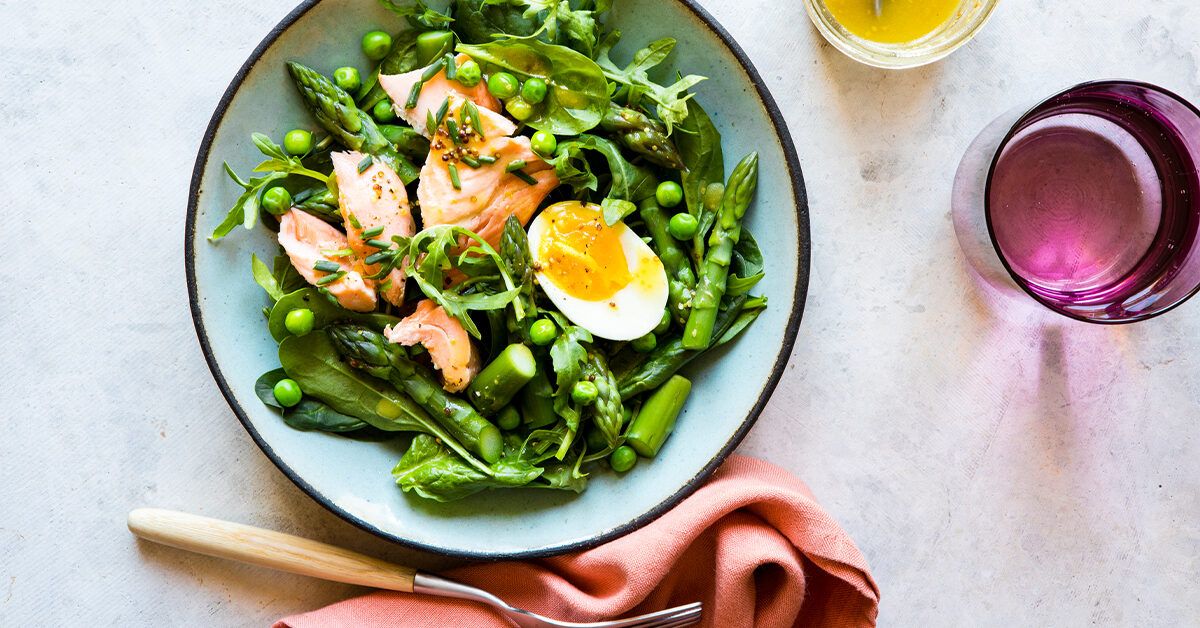Humminglime
Well-Known Member
Hi all.
I've had type 2 diabetes for 6 years, spurred on after a prolonged infection from an operation.
Since Christmas I have been testing my sugars after a stressful and chaotic year 2024 and my hba1c rocketing to 78. I've managed to get it down to 60, still working on getting between 52-58. That's my goal for now.
I have been having soke issues with the testing, I rocket very high after any sort of carbs. I'm talking 17's,18's,19's, even 20+ sometimes.
If I have a balanced meal my numbers either stay the same or drop by 0.5 so I only lower my sugars by eating no carbs.
I've been told not to do the keto diet by the GP.
Anyone else have issues with their prick tests? I'll feel fine for example, usually get a raging headache when I'm high but the test will say I'm high, if I test immediately again I'll gey a different number etc etc. These number so far have differed by up to 4.5mmol!
And they're all taken within seconds of each other.
I have calibrated the machine, even got a brand new one from my GP and it's still doing the same? For example last night after dinner I got 18.1mmol, 14mmol and then 16.7mmol??
But I had maybe 2 tea spoons of rice, and a home made lamb curry with butternut squash and peas? No major carbs, not major sugar etc.
Anyone got any invite as this doesn't seem right to me.
I've had type 2 diabetes for 6 years, spurred on after a prolonged infection from an operation.
Since Christmas I have been testing my sugars after a stressful and chaotic year 2024 and my hba1c rocketing to 78. I've managed to get it down to 60, still working on getting between 52-58. That's my goal for now.
I have been having soke issues with the testing, I rocket very high after any sort of carbs. I'm talking 17's,18's,19's, even 20+ sometimes.
If I have a balanced meal my numbers either stay the same or drop by 0.5 so I only lower my sugars by eating no carbs.
I've been told not to do the keto diet by the GP.
Anyone else have issues with their prick tests? I'll feel fine for example, usually get a raging headache when I'm high but the test will say I'm high, if I test immediately again I'll gey a different number etc etc. These number so far have differed by up to 4.5mmol!
And they're all taken within seconds of each other.
I have calibrated the machine, even got a brand new one from my GP and it's still doing the same? For example last night after dinner I got 18.1mmol, 14mmol and then 16.7mmol??
But I had maybe 2 tea spoons of rice, and a home made lamb curry with butternut squash and peas? No major carbs, not major sugar etc.
Anyone got any invite as this doesn't seem right to me.

